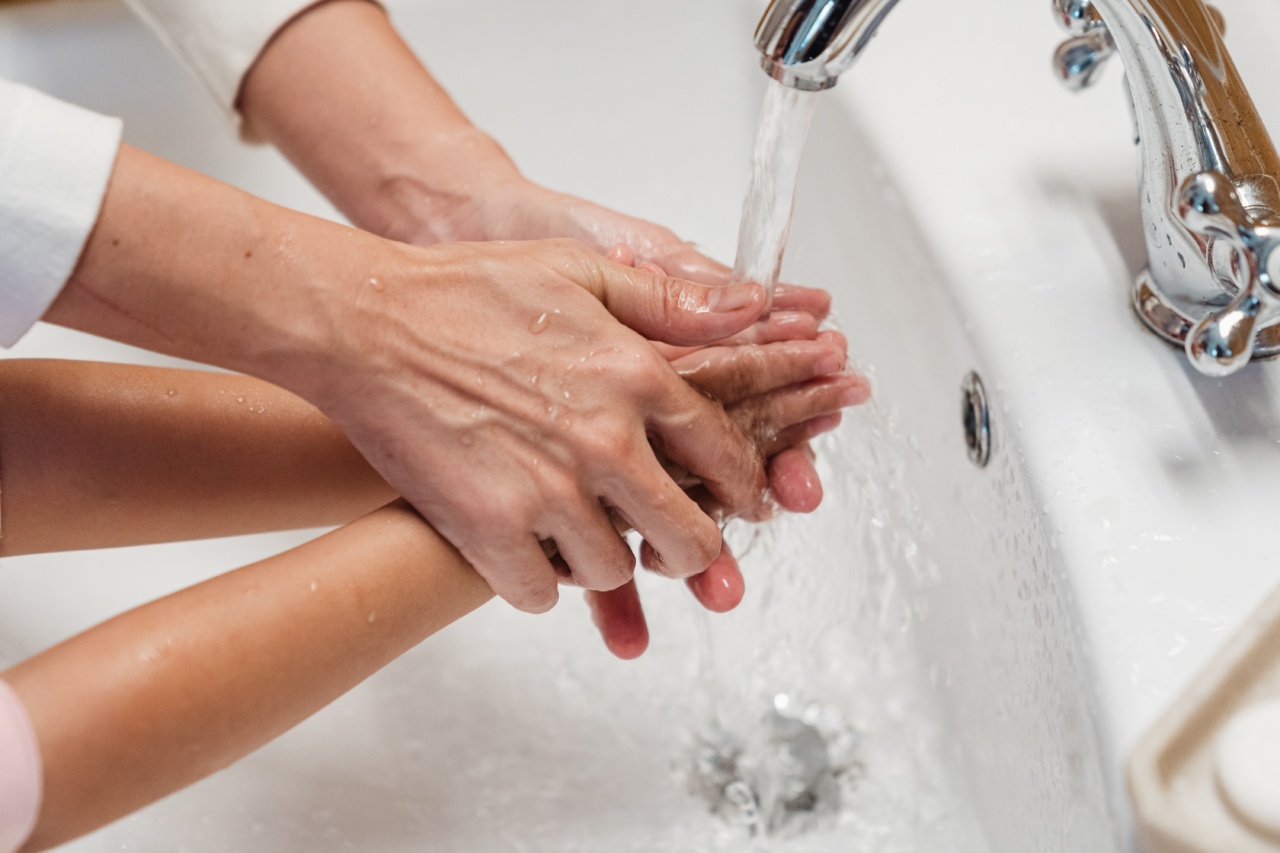As parents, it is our responsibility to teach our children about proper hygiene practices. One crucial aspect of hygiene that often gets overlooked is genital care.
In this article, we will discuss the importance of genital care and provide helpful tips on how to teach your child to maintain good hygiene in this area.
Why is Genital Care Important?
Genital care is essential for maintaining overall hygiene and preventing infections. Teaching your child the importance of genital care will help them understand the significance of cleanliness to their overall health and well-being.
Start Early
The key to teaching your child about genital care is to start early. It is best to introduce this topic when they are young and more open to learning about their bodies and personal hygiene.
Begin by explaining that everyone has private body parts that need special care. Make sure to use age-appropriate language and answer any questions they may have. Encourage an open and comfortable environment for discussions about genital care.
Use Proper Terminology
When teaching your child about genital care, it is essential to use accurate and proper terminology. Using nicknames or euphemisms can send the message that these body parts are shameful or taboo.
By using correct terms, you normalize discussion and make conversations about hygiene more comfortable.
Teach Basic Cleaning Techniques
Show your child how to clean their genital area correctly. Explain that warm water and mild, fragrance-free soap are all they need to keep this area clean. Emphasize the importance of gentle cleaning to avoid irritations or injuries.
Teach your child the importance of wiping from front to back after using the bathroom. This helps prevent the spread of bacteria from the anal area to the genital area, reducing the risk of urinary tract infections.
Encourage Regular Bathing
Instill the habit of regular bathing in your child’s routine. Encourage them to have a bath or shower at least once a day. Emphasize the need to clean the genital area thoroughly during bathing to maintain proper hygiene.
Explain the Importance of Proper Clothing
Another crucial aspect of genital care is wearing clean, breathable underwear. Teach your child to avoid tight underwear, as it can create a moist environment that promotes the growth of bacteria.
It is also important to change underwear daily, especially after participating in physical activities or swimming. This will help prevent the buildup of sweat and bacteria, reducing the likelihood of infections.
Teach Privacy and Boundaries
Teach your child about privacy and personal boundaries.
Explain that their genital area is private, and no one should touch or see it without a valid reason (such as medical examinations conducted by healthcare professionals or trusted adults during bathing or diaper changing when they are younger).
Encourage your child to communicate any discomfort or concerns they may have about their genital area or any situations where they feel their boundaries are being violated.
Lead by Example
Children learn best by observing and imitating their parents or caregivers. Lead by example and practice proper genital care yourself. Show your child that genital care is a normal part of daily hygiene routines.
Addressing Special Circumstances
There may be certain special circumstances that require additional attention when it comes to genital care. For example, during menstruation, girls need to learn about proper menstrual hygiene practices.
If your child has specific medical conditions or disabilities that affect their genital area, consult with healthcare professionals for specialized guidance on proper care and hygiene practices.
Reinforce Healthy Habits
Regularly reinforce the importance of genital care and other hygiene practices with your child. Encourage them to ask questions, seek clarification, and discuss any concerns they may have.
Remind your child that maintaining proper hygiene is an essential part of staying healthy and feeling good about themselves.
Summary
Teaching your child the importance of genital care is a vital aspect of their overall hygiene education.
By starting early, using proper terminology, teaching basic cleaning techniques, encouraging regular bathing, emphasizing proper clothing, teaching privacy and boundaries, leading by example, addressing special circumstances, and reinforcing healthy habits, you can assist your child in maintaining good genital hygiene.































